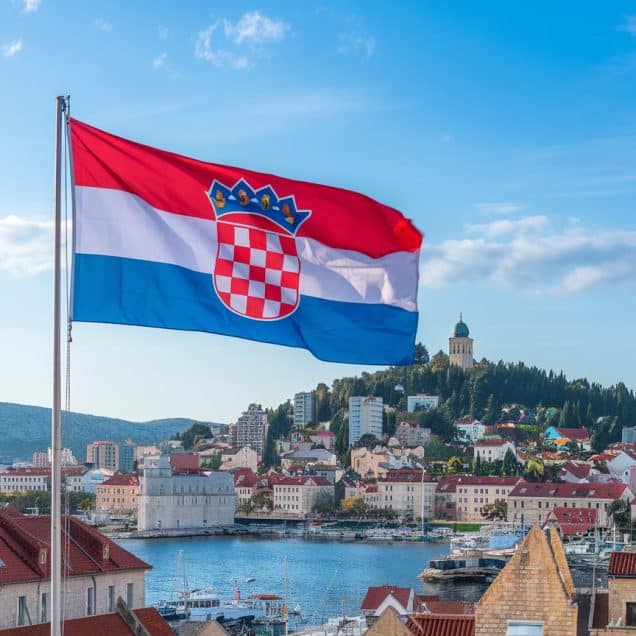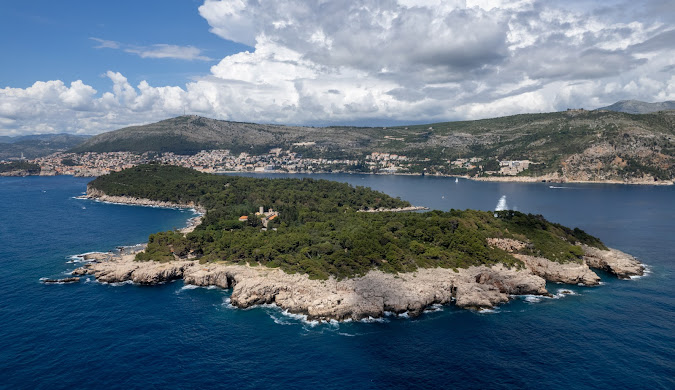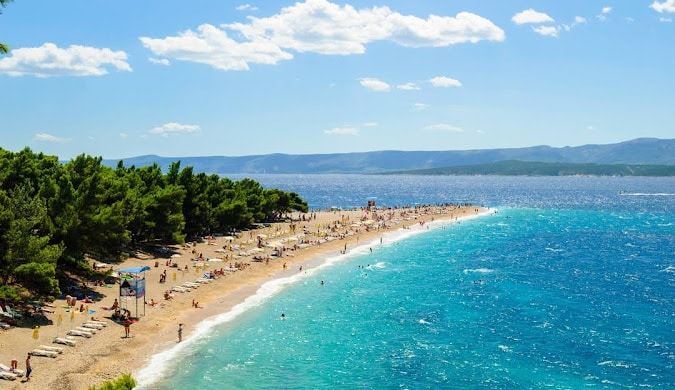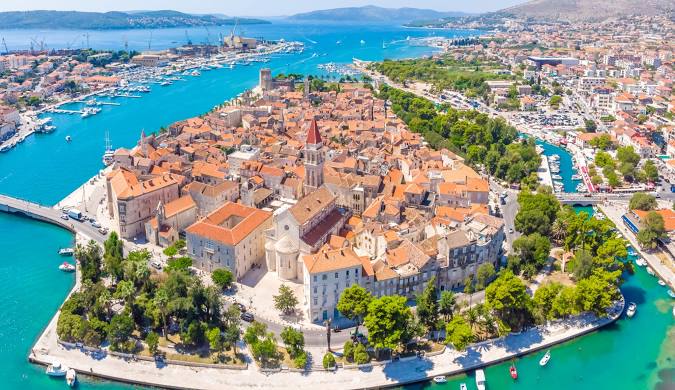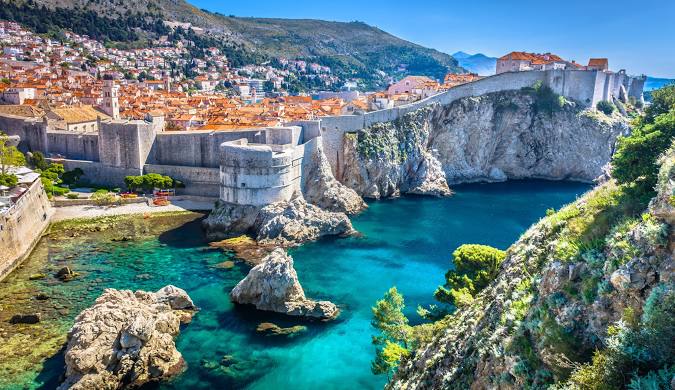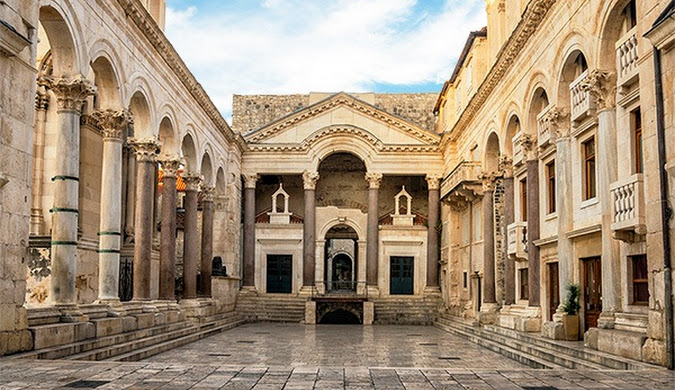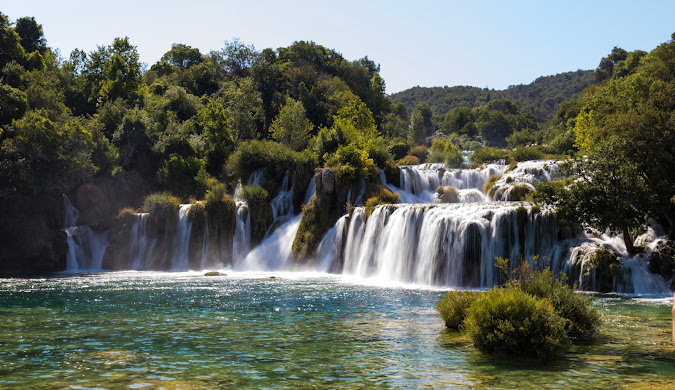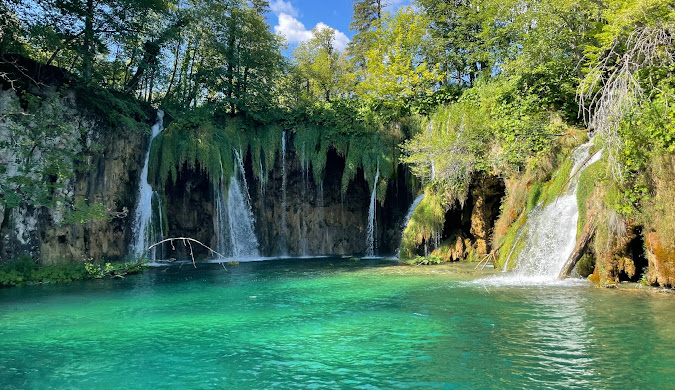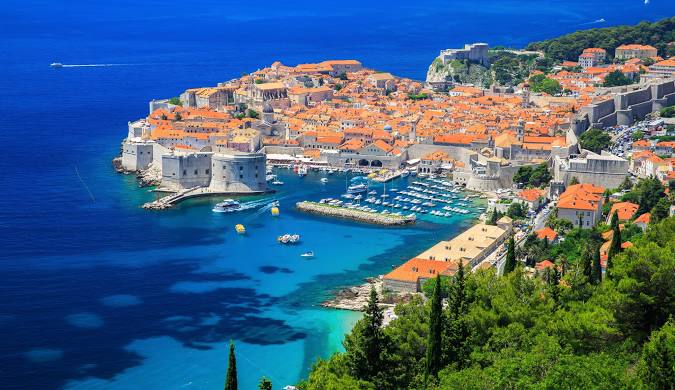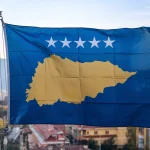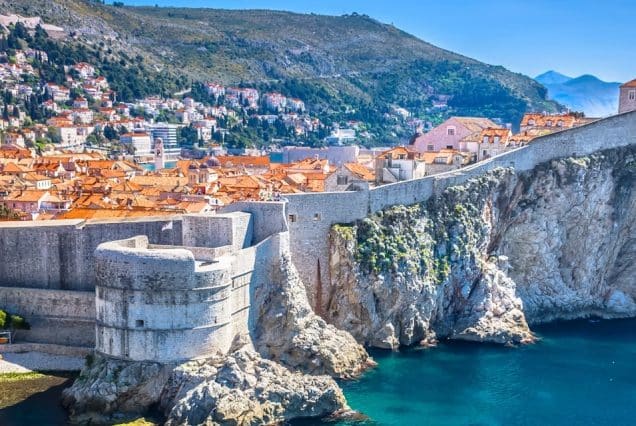

Discover Croatia
Sights
Map
Info
Croatia is a Mediterranean gem, known for its rich history, stunning natural landscapes, and vibrant cultural heritage. When planning your trip, it’s helpful to be informed about visa and passport requirements, transportation and accommodation options, and dining and cultural practices. Additionally, practical tips about the local cuisine, shopping opportunities, and language barriers can help you make the most of your visit.
Visa and Passport Requirements
Schengen Visa: Croatia is part of the Schengen Area, so most visitors will need a Schengen visa for entry.
Passport Validity: Your passport should be valid for at least six months beyond your visa’s expiration date.
Visa-Free Travel: Visitors from the EU and some countries can travel visa-free for up to 90 days.
Transportation
Public Transport: Zagreb and other major cities have well-developed bus, tram, and metro networks for easy transportation.
Intercity Travel: Trains and buses provide affordable and comfortable intercity travel options.
Car Rentals: Renting a car is popular for exploring rural areas and islands; traffic drives on the right.
Accommodation
Luxury Hotels: Five-star hotels are available in popular cities like Dubrovnik and Split.
Mid-range Hotels: Comfortable and affordable hotels close to city centers offer convenient stays.
Apartments and Hostels: Rental apartments for longer stays and budget-friendly hostels are common.
Dining
Local Cuisine: Croatian dishes like Peka and seafood are must-tries in local restaurants.
Restaurants: Seafood is a highlight along the Dalmatian coast, offering fresh and delicious meals.
Coffee Culture: Coffee is a central part of Croatian life, and locals enjoy socializing in cafés.
Cultural Considerations
Religion and Beliefs: Croatia is predominantly Catholic, and it’s important to be respectful during religious holidays and at churches.
Dress Code: Casual and modern attire is common, but conservative clothing is recommended when visiting religious sites.
Hospitality: Croatians are hospitable and place great importance on politeness in social interactions.
Language
Official Language: The official language is Croatian, though English is widely spoken in tourist areas.
Foreign Language: Knowing basic Croatian phrases or using translation apps can be helpful, especially outside tourist zones.
Translation Apps: Translation tools and apps can bridge communication gaps, particularly in rural areas.
Technology and Communication
Wi-Fi Access: Free Wi-Fi is widely available in city centers, hotels, and cafés.
Mobile SIM Cards: Local SIM cards are easy to obtain, offering affordable data plans for visitors.
Shopping and Payment
Cash and Cards: Cash is commonly used, but credit cards are accepted in most larger businesses in urban areas.
Currency Exchange: Euros and other currencies can be easily exchanged at currency exchange offices in city centers.
Bargaining: Bargaining is common in traditional markets and is part of the local shopping culture.

